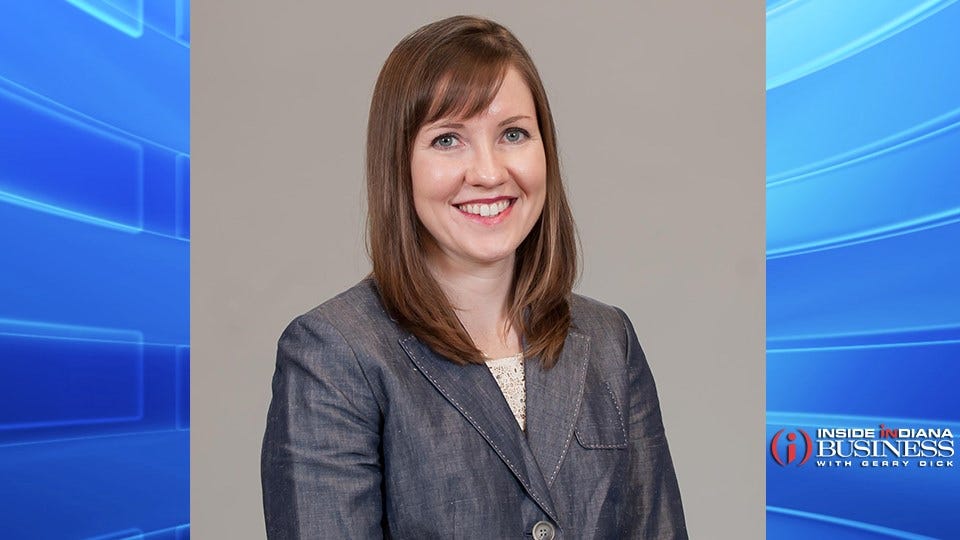Planning for the Unexpected
Subscriber Benefit
As a subscriber you can listen to articles at work, in the car, or while you work out. Subscribe Now
When you engage in the financial planning process, one of the most important elements is contingency planning or preparing for the unexpected. Life doesn’t always play out the way you would like and pivoting from the current plan to the new reality can be overwhelming. If the unexpected event is an unfavorable health diagnosis, how do you make that transition?
In the Short Term
Unwelcome events can change your day-to-day life in more ways than one. The impact of a health diagnosis can range from a change in lifestyle to a reduced life expectancy. After processing the initial diagnosis, you may think about the financial impact. What if I can’t work? How am I going to pay for my treatments? What if I’m not able to manage everything?
Benefits & Insurance. One of the first things you should do is review your employer’s benefits and insurance policies. In addition to health insurance, did you enroll in other insurance coverage that would apply? Check out any short-term or long-term disability policies. Both types of disability coverage will give you a percentage of your income if you cannot work. Find out the waiting period until benefits begin and how long they will pay out. If an employer pays the premiums, the disability benefits will be taxable. If you pay the premiums, the disability benefits are tax-free. You may also be eligible for Social Security Disability Income.
What about other insurance coverage? Do you own any critical illness, accident, or hospital indemnity insurance? These policies can make one-time or ongoing payments depending on the claim. If you don’t have coverage now, but have access to these policies through your employer, consider if it’s worth enrolling during your next open enrollment period. Take the time to understand how pre-existing conditions are handled.
Paying for Medical Expenses. When you need to pay for medical expenses, start with your Health Savings Account (HSA) or Flexible Spending Account (FSA). Owners make pre-tax contributions to the account and withdrawals for qualified expenses are received tax-free. The FSA account balance must be spent by the end of the year, but the HSA funds can remain in the account indefinitely. Often, individuals will invest the funds in the HSA so the balance can grow over time. However, if you need to use those funds to help pay for upcoming medical expenses, it’s best to keep the account in cash/liquid. In addition, HSA distributions do not have to occur in the same year of the medical expense.
For example, “Jim” incurred medical expenses in 2021 and paid them from regular cash flow. However, his financial situation changed in 2022, and he wished he had paid the 2021 expenses from his HSA. As long as he has documentation of the expenses, Jim can reimburse himself in 2022 for the 2021 expenses.
If an HSA isn’t part of your plan, it’s time to use your emergency funds. Or, consider reviewing your payroll deductions to see if there are any elections that you could reduce mid-year to free-up cash. (For example, employee stock purchase programs or deferred compensation.) You generally don’t want to reduce any retirement savings, but a short-term adjustment may not significantly impact your retirement plan. Just make sure you contribute enough to get the employer match.
Cashflow Considerations. In the case of a reduced life expectancy, a higher paycheck may be of more value than maxing out a 401k. Review any changes to your savings with your financial advisor to ensure you have a clear understanding of the implications.
After considering all of the above, review your monthly cash flow. Will there be a reduction in income or an increase in expenses? Factor in items like your health insurance deductible. If the end of the year is near, you’ll be starting a new deductible in the new year. You may also have new medications or therapy added to your expenses.
The Long Term
Regardless of the prognosis, it’s always good to have someone else who can take over if you need to step back. If you manage your family’s household finances, it’s even more important.
Sharing Important Information. Create a “cheat sheet” for your spouse/children/Power of Attorney. List out assets and liabilities, monthly bills (specify if auto-pay applies), passwords, insurance policies, important individuals (financial advisors, attorneys, tax advisors), and anything else that applies to your financial situation.
Review Estate Planning. Ensure your estate planning documents are reflective of your wishes. After reviewing or updating your documents, provide electronic copies to anyone who might need them. For example, if you name your sister as your Power of Attorney, but she doesn’t have access to the actual document, she won’t be able to act on your behalf.
You also should review all beneficiary designations to ensure they are reflective of your wishes. Beneficiary designations supersede a will or trust, so it’s important to ensure they are correct.
If the unfortunate event of a diagnosis significantly reduces life expectancy, work with a financial advisor to map out the best course of action for the short term and long term. For example, you may want to reduce your income or savings to focus on other, more important goals. Updating your financial plan to reflect your life change will provide peace of mind to all involved.
Summary
Any health diagnosis is typically unexpected and can turn our world upside down. Understanding the financial impact can alleviate anxiety and allow you to focus your energy on the days ahead.
Sarah Mahaffa is a Senior Wealth Advisor and Manager of Financial Planning with Bedel Financial Consulting, Inc., a wealth management firm located in Indianapolis. For more information, visit their website at www.bedelfinancial.com or email Sarah at smahaffa@bedelfinancial.com.
